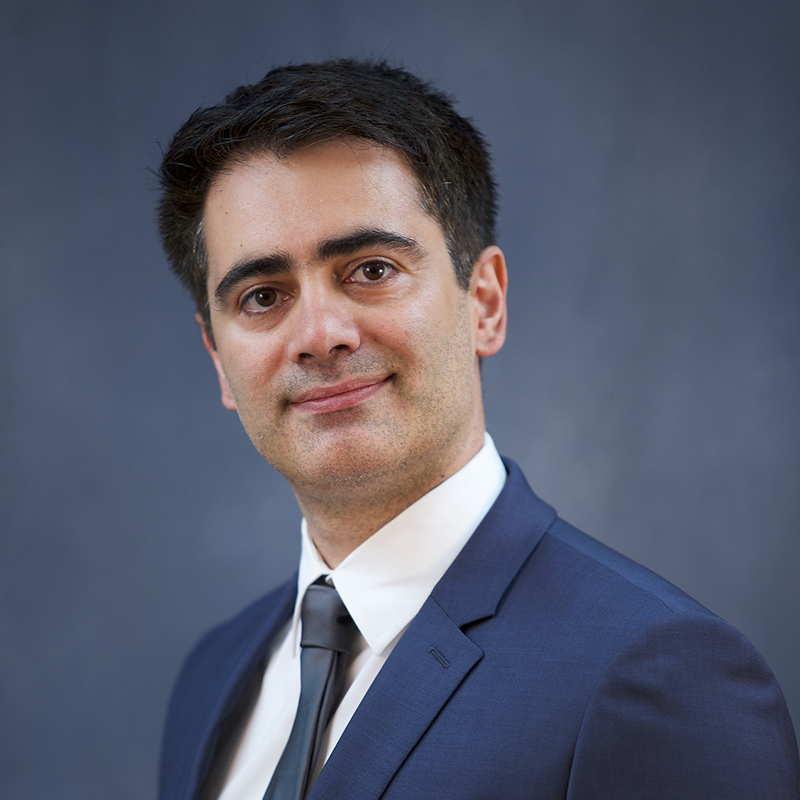Established in 1985 as the Systems Research Center at the University of Maryland and Harvard University, the Institute for Systems Research (ISR) was one of the National Science Foundation’s first six Engineering Research Centers, with Professor John Baras serving as ISR’s Founding Director.
Since its inception, ISR has been dedicated to advancing the design and control of complex, large-scale engineering systems. Our mission remains steadfast: to drive groundbreaking systems research while fostering an environment where interdisciplinary and multidisciplinary collaborations fuel innovation. 
The true strength of ISR lies in its exceptional faculty, dedicated staff, and brilliant students—working together to solve some of the world’s most complex challenges. I am optimistic about the future and excited by the opportunities we will create through sustained partnerships and pioneering research.
As we look ahead, we are committed to building on ISR’s legacy of excellence while expanding into emerging fields, including:
- Systems Engineering
- Artificial Intelligence & Machine Learning
- Robotics & Autonomous Systems
- Energy Systems
- Operations Research
- Information Theory
- Micro and Nano Systems
- Neuroscience
- Advanced Systems Methodologies
I look forward to collaborating with each of you to shape the future of systems research within the A. James Clark School of Engineering at the University of Maryland. Your continued support and partnership are essential as we work to make meaningful contributions to academia, industry, and society.
Best regards,
Alireza Khaligh
Interim Director, Institute for Systems Research
Top